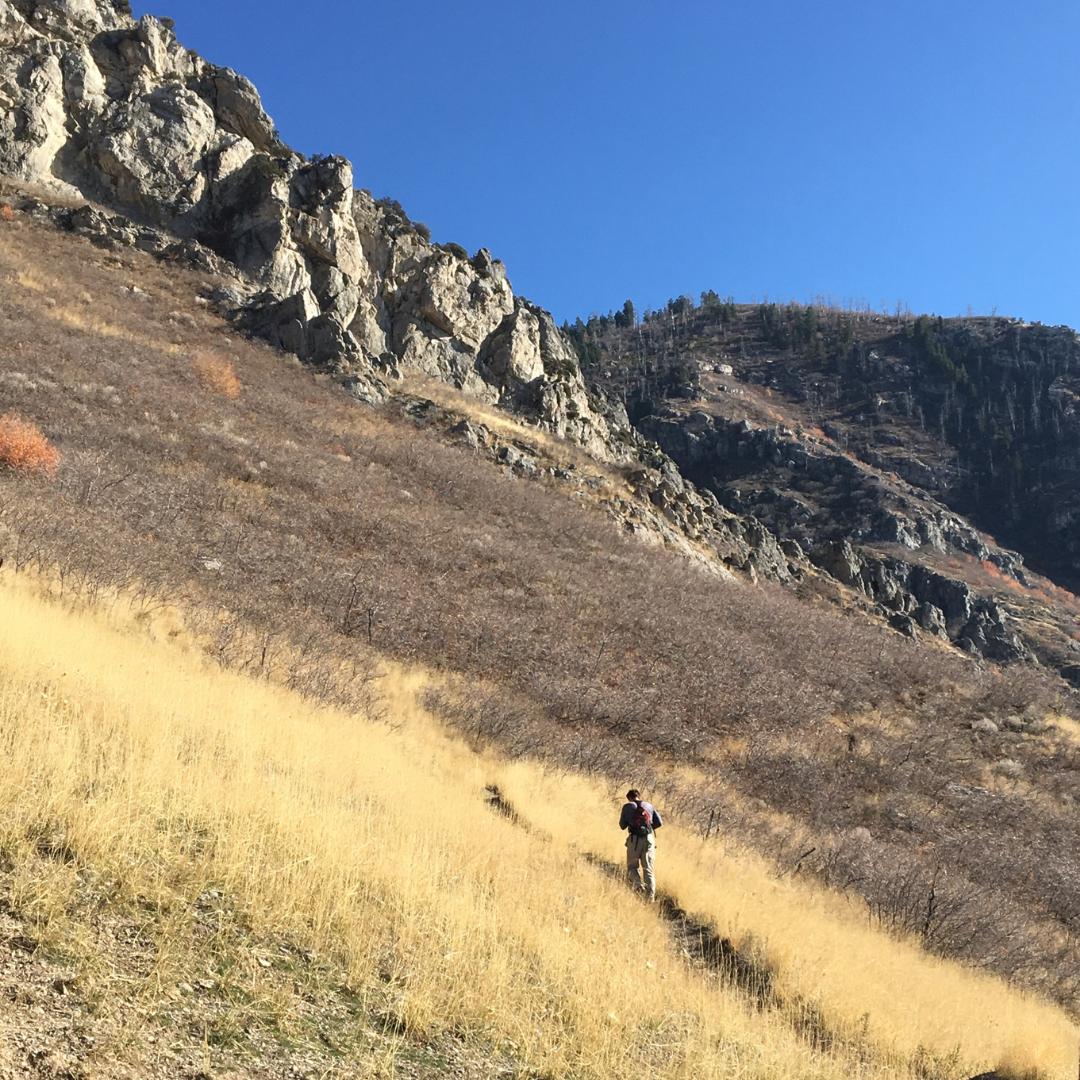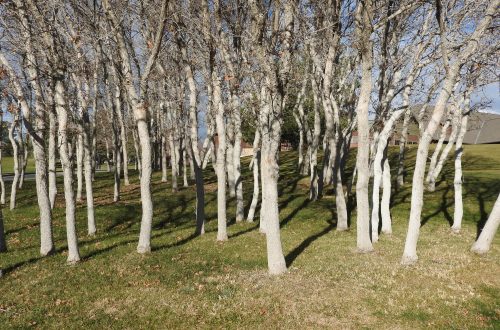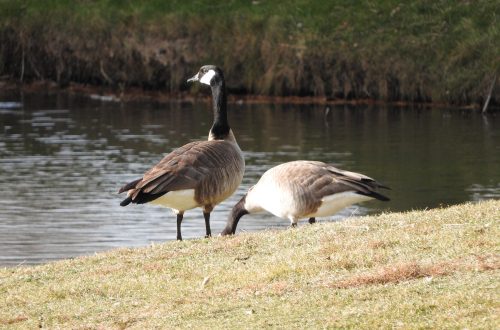Courage has been defined in many ways since ancient Greece. The history of courage is something that can help us to understand courage a bit more and how we can apply it to our own lives.
It’s no lie that courage has been discussed many times from ancient Greece to today. Even though it has been studied for centuries, we still can’t seem to get it out of our heads. What is courage? How can we become courageous? These questions have fueled the conversation on courage since the beginning. All of them, trying to figure out exactly what courage is and how we can use it for ourselves.
Starting in ancient Greece, Plato’s early writings in Laches have a Socratic discussion on the definition of courage. During this ‘discussion’, the definition of courage doesn’t come to a conclusion. One participant says courage is to stand and fight, while another says it is a special kind of knowledge.
In Plato’s later writings, he has more of a concrete definition of what courage is. He says that courage is part of perseverance. Plato further continues saying that this kind of perseverance is to be able to persevere through all emotions whether they are suffering, pleasure and fear.
Aristotle then presents courage as being a mean of fear and confidence. If you have excessive fear, it can lead to an individual not taking a risk or facing danger or cowardice. If you have excessive courage, an individual can have a disregard for the dangers they are in and will act without thinking or recklessness.
During medieval times, Thomas Aquinas, a Catholic priest and philosopher, referred to courage as fortitude. He thought that fortitude could be taken in two different ways. The first being firmness of the mind and the second being firmness in difficulties and dangers. While Aquinas believed that the second was a more special virtue than the first, he also believed that courage is primarily about endurance and not attack. He talked about when people are using courage, they are more concerned with calming fear than to moderate recklessness. Aquinas also mentioned that calming fear is more difficult. Because calming fear was more difficult, courage is more about the endurance of fear than moderating attack.
Western traditions tend to see courage as a virtue and ether focus on emotional or physical. In Eastern traditions, courage is more about love. The Tao Te Ching, a classical Chinese text, believes that courage is derived from love and explains that if a person has courage with fearlessness, they will die. But if a person has courage but is also gentle, they will be spared from death. An ancient philosopher by the name of Lao Tzu suggested that love makes a person courageous, that our courage becomes higher when we have a depth to our love.
All in all, courage can be seen in many ways. Whether you believe that being able to control your fear is courage or having love is courage, courage is something that drives our every move and helps us to be more daring. Whatever your definition is, working hard to calm your fear, moderating your recklessness, and loving everyone to the best of your ability will be able to help you grow your courage and help you become the most courageous person you can be.





One Comment
ปั้มไลค์
Like!! Really appreciate you sharing this blog post.Really thank you! Keep writing.